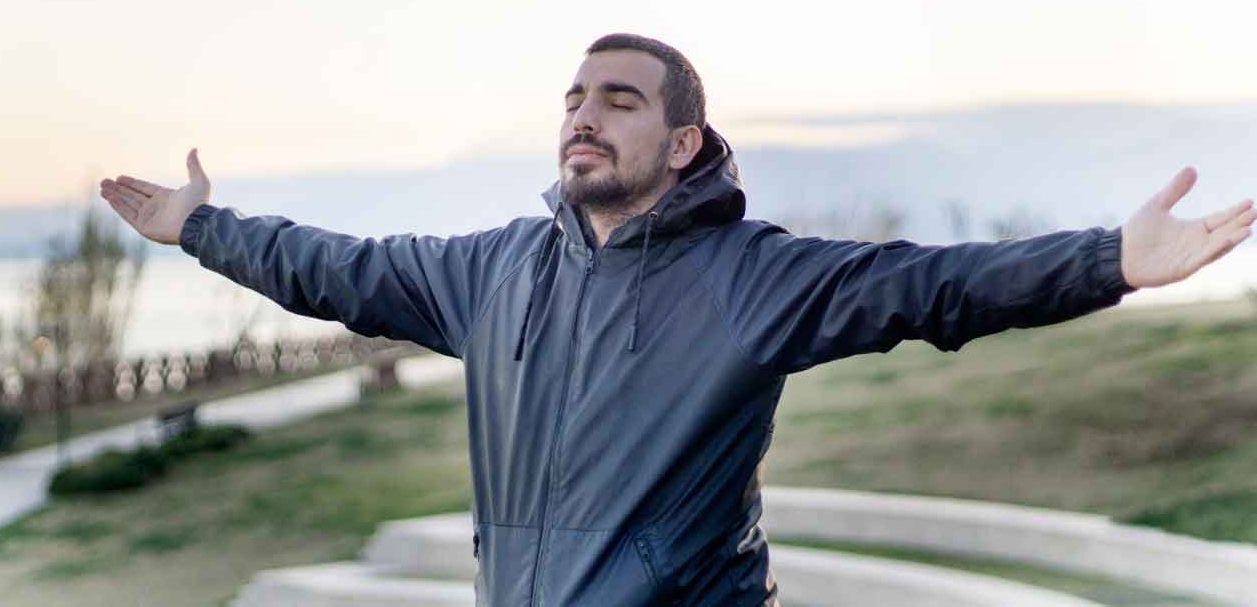Natural Remedies for Anxiety

Alternatives to the mainstream are increasing as patients seek different approaches.
Conventional treatment for anxiety is giving way somewhat to alterative treatments as patients learn more about natural remedies.
Anxiety disorders are among the most common psychological problems. According to the National Institute of Mental Health (NIMH), about 40 million American adults age 18 and older suffer from them each year.
YOU MIGHT ALSO LIKE: What Anxiety Feels Like
The problem is getting such people to seek treatment in the first place, writes Brandi-Ann Uyemura. “The severity of the disorder, the fear of being stigmatized, and general mistrust of conventional treatment may create obstacles to seeking help.”
A fear of conventional therapy might be why complementary and alternative medicine (CAM) — such as vitamin supplements, yoga, and meditation — is becoming more popular.
Current research on natural remedies for anxiety is still in its early stages, according to the National Center for Complementary and Integrative Health (NCCIH). There is some initial evidence, however, that mindfulness and other forms of “meditation, music, relaxation techniques, and melatonin may be efficacious for anxiety, especially anxiety associated with medical procedures or chronic medical problems.”
Of the various approaches, the NCCIH says there is limited evidence that acupuncture can help, although studies have been poorly designed. Conversely, in some studies massage therapy helped to reduce anxiety for people with cancer or other comorbid medical conditions. The truth is that most studies about these therapies have not been very high quality, but each intervention does seem to have some merit in particular cases. Results vary highly from individual to individual.
Meditation therapy has been shown to have “small to modest”
benefits for people with anxiety-related symptoms, as has relaxation techniques, which may “reduce anxiety in individuals with chronic medical problems or those who are having medical procedures.”
The NCCIH also mentions kava, melatonin, and lavender may reduce anxiety symptoms, although kava has been shown to increase risk of severe liver damage.
Mental Health America (MHA) has reviewed a variety of complementary approaches to treatment of anxiety with mixed results.
YOU MIGHT ALSO LIKE: How Anxiety Affects Your Health
The group says cranial electrical stimulation (CES), for instance, can have positive effects on anxiety. That’s not to be confused with transcranial electrical stimulation (ECT), which employs a much higher intensity, large-current form of brain stimulation. CES can be done at home with small devices attached to the ears, while ECT is strictly a clinical procedure.
The organization also gives a thumbs up to the use of inositol for panic disorder. Also known at vitamin B8, inositol has been found to reduce depression, hostility, tension and fatigue. It is a folk remedy for anxiety and sadness, MHA says.
MHA says meditation is difficult to evaluate since the definition is “extremely diffuse,” but it cites studies that show promise and notes the Dalai Lama’s belief that “empirical evidence must triumph over scriptural authority and that research can only reinforce the power of meditation.”
The organization also promotes wellness as an anxiety buster through 10 steps, including connecting with others, staying positive, getting physically active, helping others, getting enough sleep, creating joy and satisfaction, eating well, taking care of your spirit, dealing better with hard times, and getting professional help if you need it.
“There is growing scientific evidence about complimentary and alternative treatments,” says the Anxiety and Depression Association of America (ADAA). “Complementary medicine is used along with conventional medicine. An example is in-home treatment to help modify symptoms of panic attacks.”
It also stresses yoga as one of the “top 10” practices of natural remedies, as it may help alleviate anxiety and depression through its physical postures, breathing exercises, meditation, and distinct philosophy.
A journal review of studies on yoga found it can produce a significant reduction in anxiety.
Jason Eric Schiffman, MD, a psychiatrist at the UCLA anxiety disorders programs and editor of Anxiety.org, says that while he has seen “the positive effects of behavioral interventions such as yoga, meditation, and deep breathing on anxiety patients,” he advises individuals to avoid making decisions based on anecdotal evidence. Sites such as PubMed that publish current and evidence-based research are the best route for obtaining information via the internet.”
He suggests non-pharmacological approaches first, such as yoga or meditation, or conventional approaches like cognitive behavioral therapy for less severe anxiety disorders.
In any case, it’s worth seeking complementary and alternative therapies, Schiffman says.
“When someone gets better from anxiety through a practice such as yoga, meditation, or through therapy, they get better because they’ve learned something rather than getting better because a pill has made a change or caused a change to their neurochemistry,” he says.
Making an effort to change your lifestyle by learning ways to reduce stress and anxiety not only empowers individuals, but creates change that is “much more profound and long-lasting.”
Updated:
April 03, 2020
Reviewed By:
Christopher Nystuen, MD, MBA